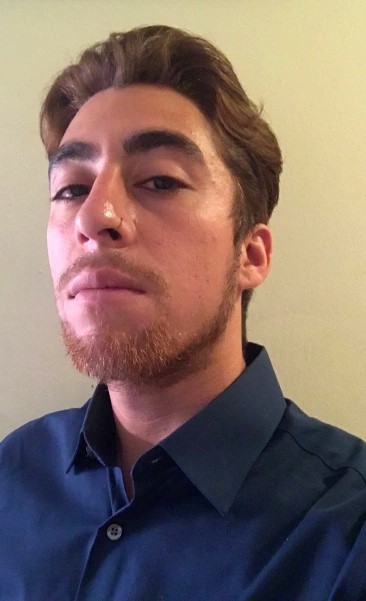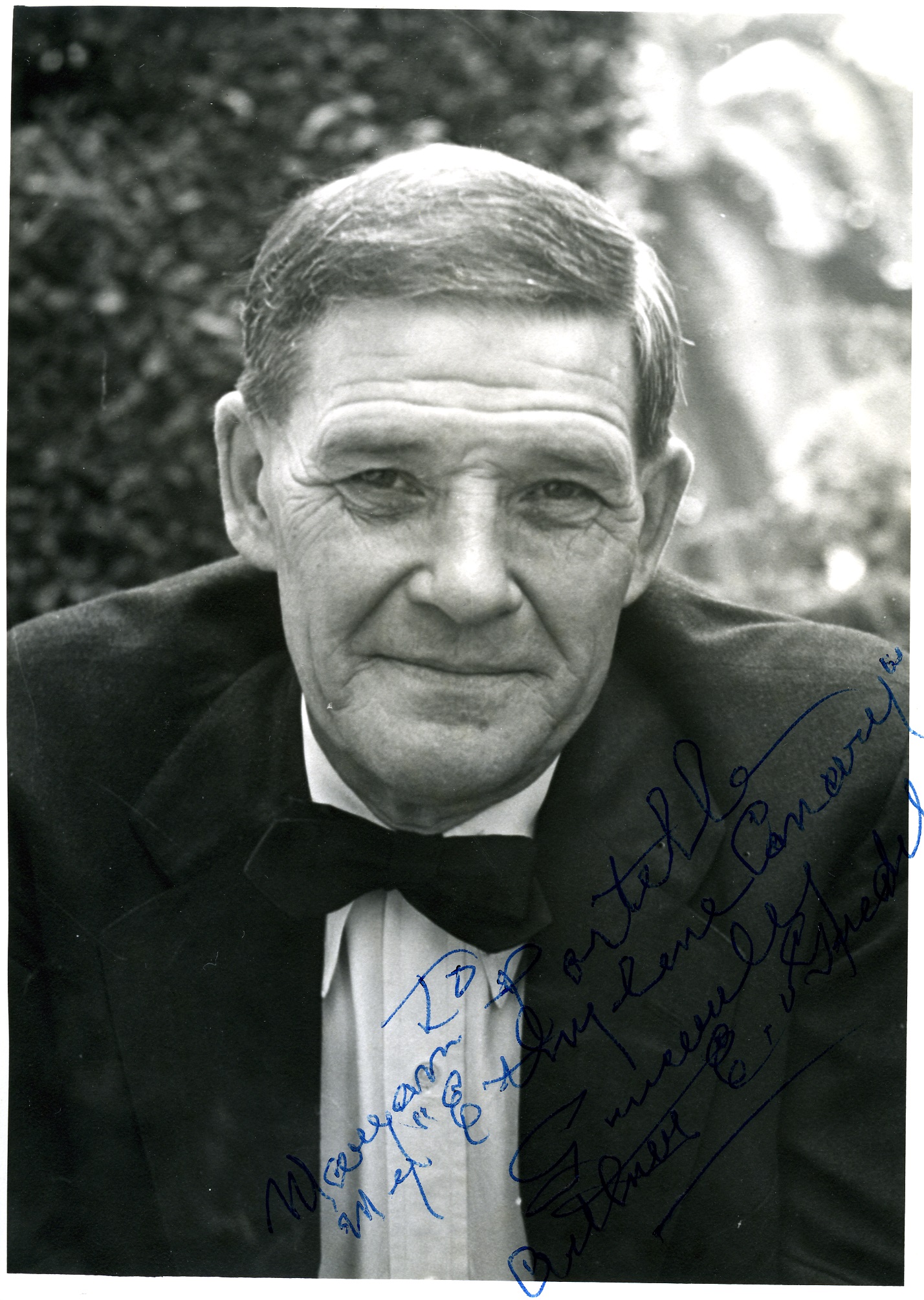This is a guest post by exhibit curator Sabrina Oliveros
When HIV/AIDS first seized the nation’s attention in the early 1980s, it was a disease with no name, known cause, treatment, or cure. Beginning as a medical mystery, it turned into one of the most divisive social and political issues of the 20th century.
On October 1, 2019, UCSF Archives and Special Collections is opening the exhibit They Were Really Us: The UCSF Community’s Early Response to AIDS. Featuring materials from the Archives’ extensive AIDS History Project Collections, the show highlights ways individual professionals affiliated with UCSF acted to address HIV/AIDS following its outbreak. Their responses included working in and with the larger San Francisco community – and continue to impact HIV/AIDS care and research today.
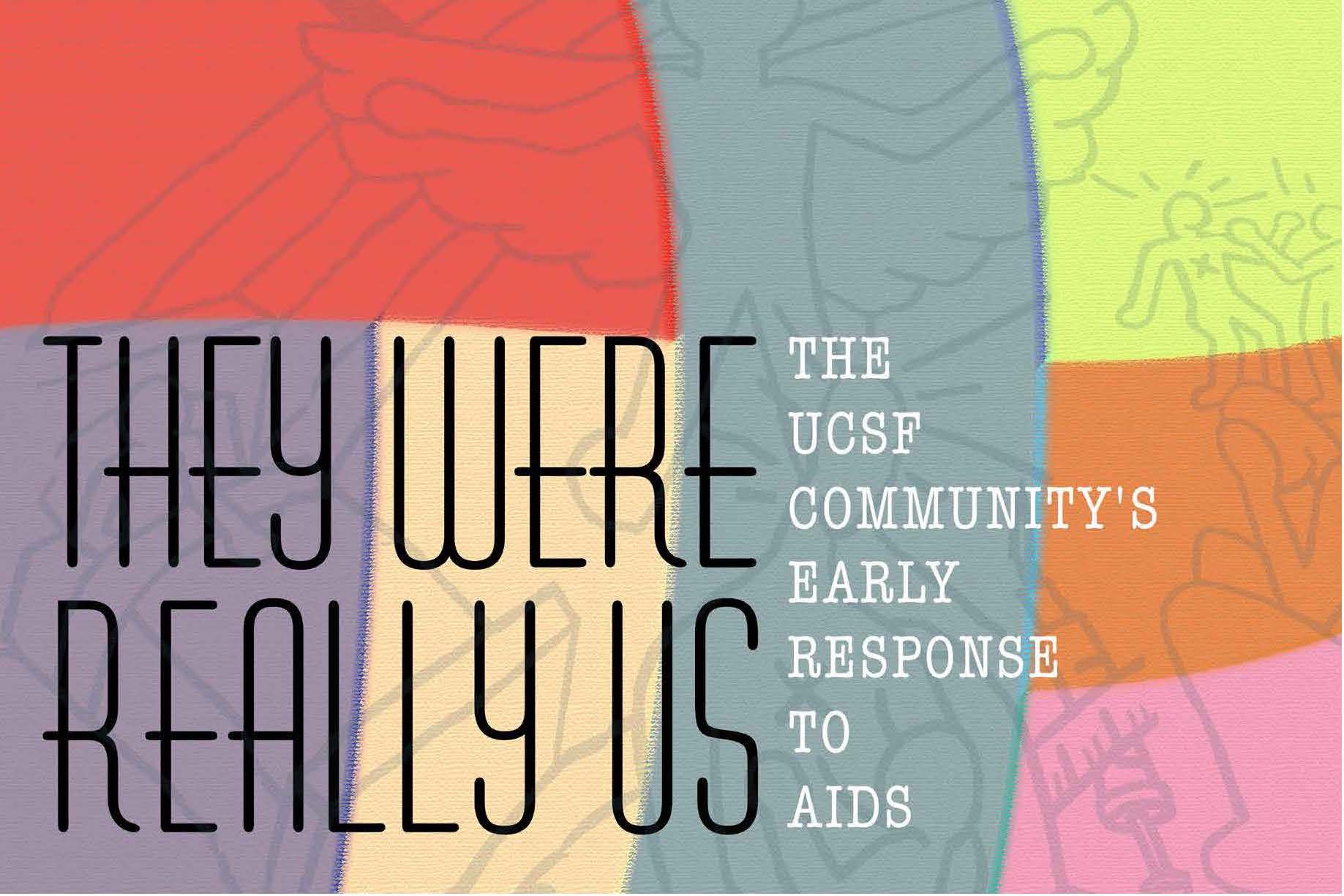
The exhibit title comes from a statement by Dr. Paul Volberding, who co-founded the country’s first dedicated AIDS Clinic in 1983; he now serves as the Director of UCSF’s AIDS Research Institute:
“The patients were exactly our age… all those other ways that we tend to separate ourselves meant very little when you realize that the patients had gone to the same schools, they listened to the same music, they went to the same restaurants. So they were really us… which added to the commitment that I think all of us had.”
Early milestones
The first proofs of that commitment are traced through displays on the main lobby (third floor) of the UCSF Library.
Here, papers, slides, photographs, and artifacts help outline early milestones in HIV/AIDS research and care. These include the foundation of the Kaposi’s Sarcoma Clinic at UCSF, which sought to understand the mysterious “cancer” that turned out to be AIDS; the discovery of the HIV virus in 1983 by Dr. Jay Levy; the establishment of the outpatient and inpatient AIDS clinics at San Francisco General Hospital; and the development of the holistic San Francisco Model of AIDS Care.
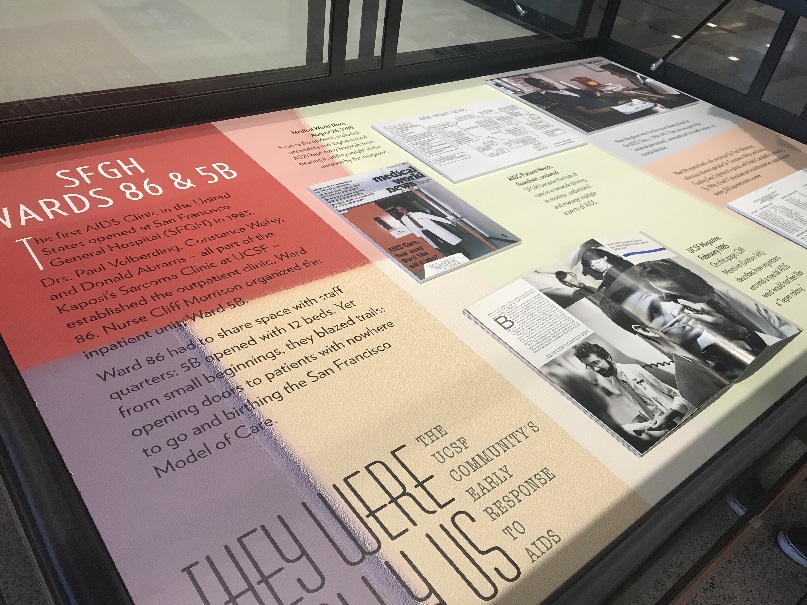
Pioneering and compassionate, this model treated people with AIDS not simply as patients requiring medical attention, but as complex individuals also in need of psychological, social, economic, and political support.
Excerpts from the diary of Bobbi Campbell – a UCSF nursing student who championed the People With AIDS Self-Empowerment Movement – help tell some of these individual stories. So do a selection of newsletters and other materials that lend voices to persons with AIDS.
A
loaned section of the AIDS Memorial Quilt caps off the displays.
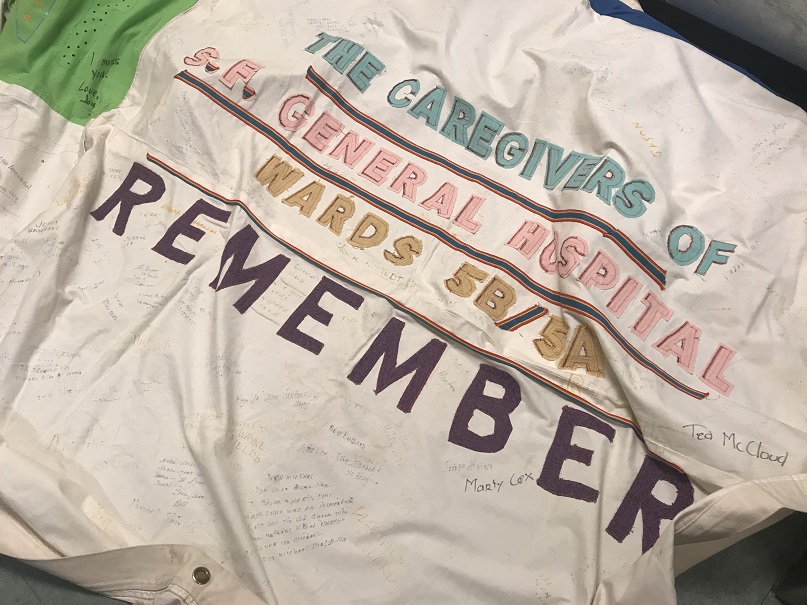
Community voices
The outbreak of HIV/AIDS devastated the city of San Francisco; it also mobilized the community. Exhibits on the first floor of the library showcase the work done by community organizations that, beyond the medical front, fought HIV/AIDS.
Reproductions of posters – mostly from UCSF’s longest-running partners, the San Francisco AIDS Foundation and the Shanti Project – represent outreach and educational campaigns necessary to combat the disease. Materials from Mobilization Against AIDS and the AIDS Coalition to Unleash Power (ACT-UP) speak to the political battle that AIDS became.
How much of an impact did these advocacy groups make? A selection of letters, written to the leaders of Mobilization Against AIDS and AIDS Treatment News, offer an idea.
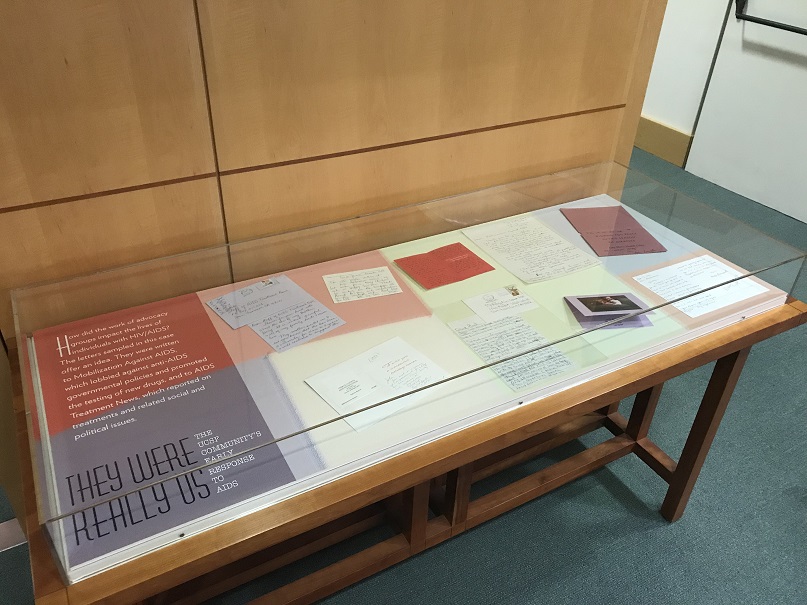
Continuing care
On the fifth floor of the library, displays touch on two more milestones following the 1980s.
The first, UCSF’s sponsoring of the 6th International Conference on AIDS, is one of the many examples of how physicians and researchers have expanded their work on a global scale. Revisiting this 1990 conference is timely, as the 23rd International Conference on AIDS will take place in Oakland and San Francisco in July next year – the first time the conference will be in the Bay Area in nearly three decades.
The second milestone, the founding of the AIDS Research Institute in 1996, puts a focus on the UCSF’s continuing efforts to find a cure, and end HIV/AIDS once and for all.
They Were Really Us will be on view until September 2020: https://www.library.ucsf.edu/archives/lectures-exhibits/
